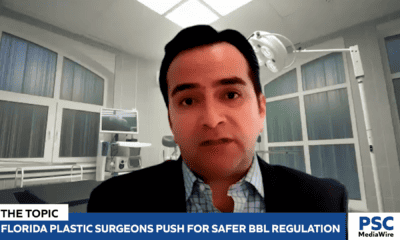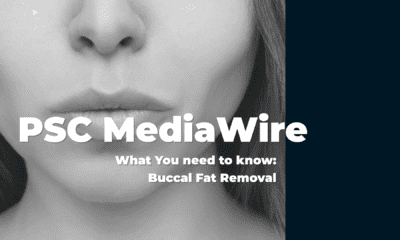
Botox continues to be the #1 treatment in cosmetic surgery to treat fine lines and wrinkles. While it’s powers to “eliminate” wrinkles is renowned, it can also be effective in helping to relieve sweating, migraines and muscle spasms. Adding to this impressive set, new research highlights the potential benefits of Botox as a treatment for depression and anxiety. Experts believe the compound and how it’s used to ease wrinkles and fine lines may be able to provide psychological relief alongside traditional treatments like antidepressants and therapy.
Botox for Depression
It’s an exciting breakthrough for the treatment known as the workhorse of the plastic surgery industry. Depression is a very common mental health condition that is marked by long periods of feeling hopeless and often very sad. People manage these feelings in different ways. Sometimes with medications, like antidepressants or with therapy. There can be side effects from the medications that are unpleasant and sometimes it can take months or years to find a drug that is effective. Even then, many patients have an uneasy feeling of “needing” medication for possible perpetuity.
Botox may be an effective treatment for those suffering from mental illness or others feeling a little down because of the way they look, and they may not even know this is why. “I have seen patients come in and they tell me they feel tired or they look worried because of the wrinkles around their forehead and eyes,” said Dr. Steven Camp, a board certified plastic surgeon in Fort Worth, Texas. Camp says he often sees a reversal in mood and attitude after using Botox. “When I ease the wrinkles and soften their look, they like the way they look and they feel better.” Dr. Camp thinks there is enough evidence to continue to look into the correlation into a person’s mood, how they look, and whether that can be impacted by the use of Botox. “You may not like your wrinkles, but we can quickly make them look much nicer. It’s amazing that kind of overwhelming mood impact that it can have on a person.”
Mood and Botox
The idea of using Botox to treat depression isn’t new. It appears to have originated in a small clinical trial in 2006 during a test involving 10 patients. During the test, the patients were given Botox in the “11s,” the frown lines between the eyes that often show up when you scowl. Two months after the injection, the vast majority of the test participants, 9 of the 10, no longer felt symptoms of depression. Even the 10th person felt a boost in mood, even though the depression still lingered.
Since the original test there have been numerous investigations into Botox and depression. Experts have never been able to agree on why the Botox seems to work, but much of the focus seems to point toward controlling facial feedback – basically the ability to limit frowning makes some people feel better. “It’s kind of a chicken or egg phenomenon,” said Dr. Dustin Reid, a board certified plastic surgeon in Austin, Texas. Dr. Reid says its difficult to pinpoint why Botox is effective for depression. “Are people depressed and then they are frowning and their facial features show it? Or does making those faces actually add to the depression?” Reid isn’t sure why the Botox works, but if it works to relieve depression and anxiety, it should be considered. “If if makes someone feel better, then there is no reason not to try it,” he shares.
It’s important to remember that Botox for depression isn’t approved by the Food and Drug Administration and may not be covered by insurance. When receiving a Botox treatment, you can expect the results to last 3-4 months and experts say the treatment results for mental health could last even longer.


















Facebook
Twitter
Instagram
YouTube
RSS